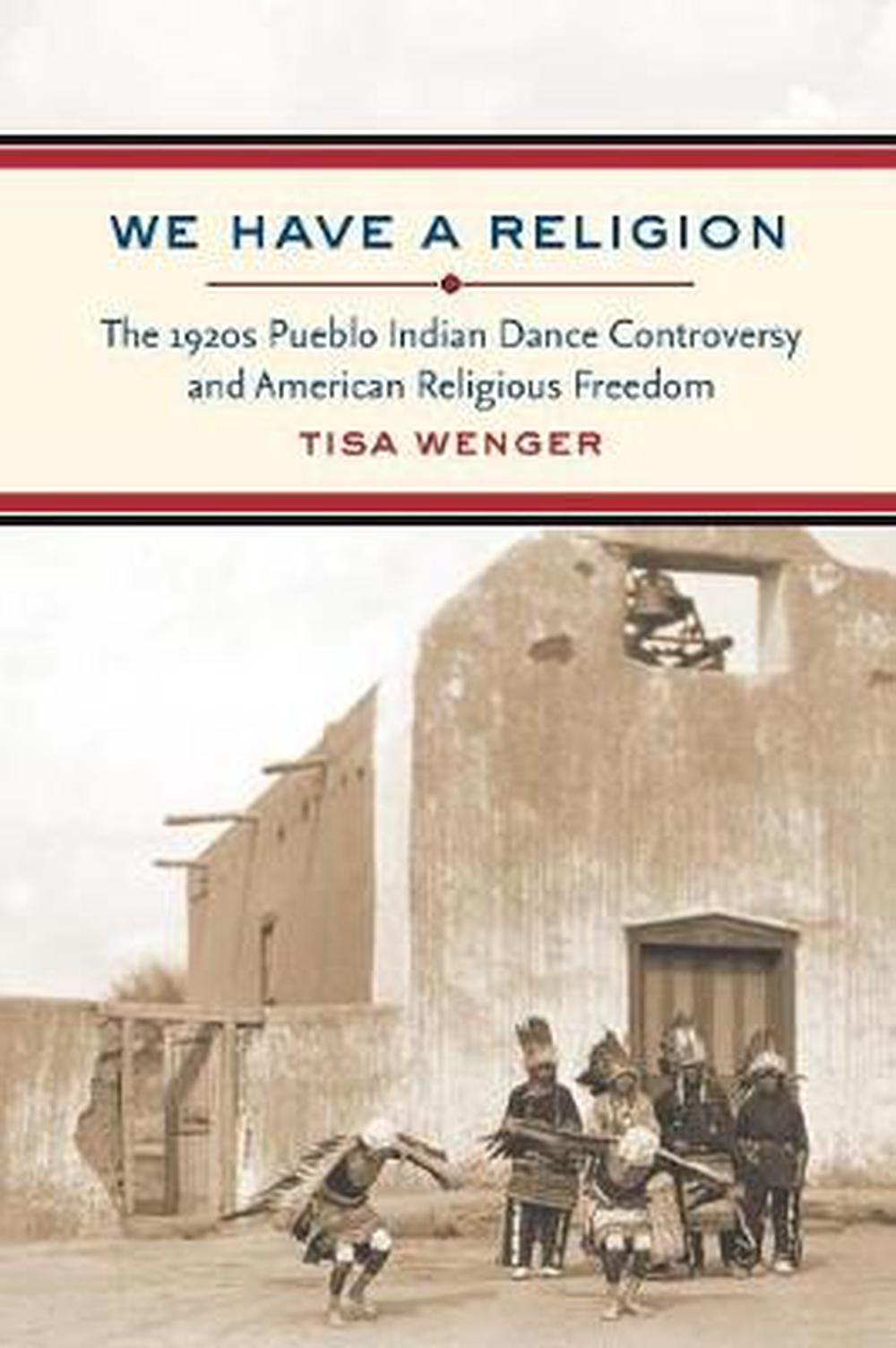
We Have a Religion: The 1920s Pueblo Indian Dance Controversy and American Religious Freedom
by Tisa Joy Wenger
How do we define 'religion'? For Native Americans, religious freedom has been an elusive goal. This book shows that cultural notions about what constitutes 'religion' are crucial to public debates over religious freedom.
Paperback
English
Brand New
Publisher Description
How do we define 'religion'? For Native Americans, religious freedom has been an elusive goal. From nineteenth-century bans on indigenous ceremonial practices to twenty-first-century legal battles over sacred lands, peyote use, and hunting practices, the U.S. government has often acted as if Indian traditions were somehow not truly religious and therefore not eligible for the constitutional protections of the First Amendment. In this book, Tisa Wenger shows that cultural notions about what constitutes 'religion' are crucial to public debates over religious freedom.In the 1920s, Pueblo Indian leaders in New Mexico and a sympathetic coalition of non-Indian reformers successfully challenged government and missionary attempts to suppress Indian dances by convincing a skeptical public that these ceremonies counted as religion. This struggle for religious freedom forced the Pueblos to employ Euro-American notions of religion, a conceptual shift with complex consequences within Pueblo life. Long after the dance controversy, Wenger demonstrates, dominant concepts of religion and religious freedom have continued to marginalize indigenous traditions within the United States.
Author Biography
Tisa Wenger is assistant professor of religious studies at Arizona State University in Tempe.
Review
While [Wenger's] rich history of the intersection of Pueblo customs and American law will doubtless be useful for those within American Indian studies, her historically routed mediations on the category of religion makes this book essential reading for everyone who studies American religions, and arguably many others in religious studies as well. Wenger's meticulously researched and theoretically sophisticated work is exceptional in any number of ways. . . . So often, books engage well with either theoretical ideas or with detailed historical work. Wenger is able to do both.--Journal of the Faculty of Religious Studies Well-researched and intelligent. . . . Offers a compelling cultural history. . . . This approach to discourse of religion serves up a rich helping of analysis for religious studies and cultural and intellectual history.--Journal of Religion Well-researched and eminently readable. . . . This rich book is highly recommended. . . . Copious endnotes and a serviceable index increase the scholarly value of the book.--Western Historical Quarterly This is a work of exemplary archival research and conceptual nuance. I cannot overstate the importance of the insights Wenger provides for our understanding of the concepts or religion and religious freedom for Native Americans today.--Journal of Arizona History The reader is provided with an overview of various perspectives . . . which Wenger shares from her extensive research in archives across the nation. . . . [Wenger's] analysis offers Indigenous scholars a vehicle for navigating the confluence between 'documented' history and narratives of oral tradition.--American Indian Quarterly Groundbreaking and important. . . . A seminal study of American Indian affairs in the early twentieth century recommended for all libraries and academic programs in which modern Native American and indigenous religious issues are discussed.--American Historical Review A stellar display of original archival research and conceptual nuance. . . . A masterpiece of exposition and interpretation. Very highly recommended.--Choice
Review Quote
While [Wenger's] rich history of the intersection of Pueblo customs and American law will doubtless be useful for those within American Indian studies, her historically routed mediations on the category of religion makes this book essential reading for everyone who studies American religions, and arguably many others in religious studies as well. Wenger's meticulously researched and theoretically sophisticated work is exceptional in any number of ways. . . . So often, books engage well with either theoretical ideas or with detailed historical work. Wenger is able to do both.-- Journal of the Faculty of Religious Studies
Promotional "Headline"
"Although the debate is not well remembered today, the Pueblo Dances affair is one of the most important legal and political conflicts over religious freedom in American history. In this well-researched study, Tisa Wenger does a fine job of describing the affair and vividly highlights the cast of activists on both sides."--Philip Jenkins, author of Dream Catchers: How Mainstream America Discovered Native Spirituality
Details

